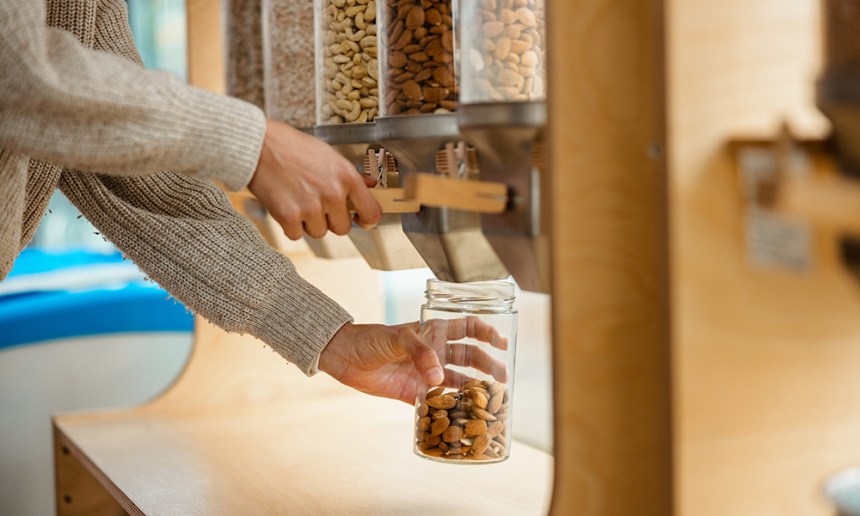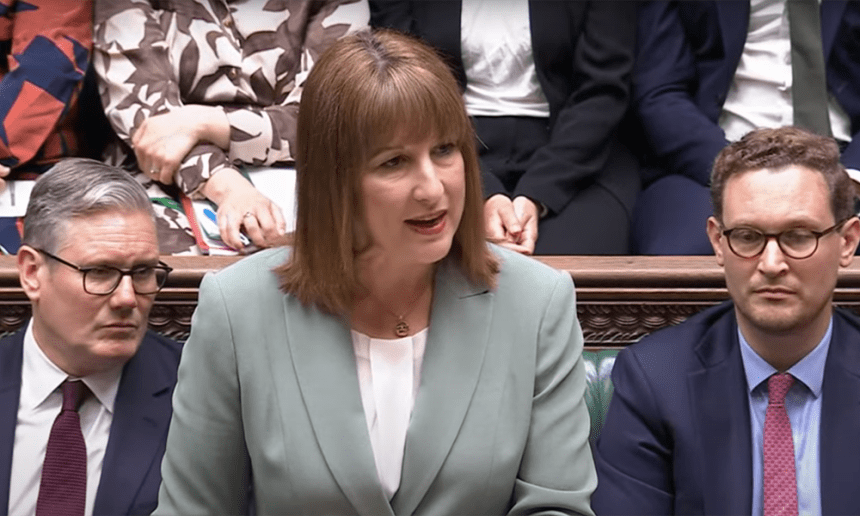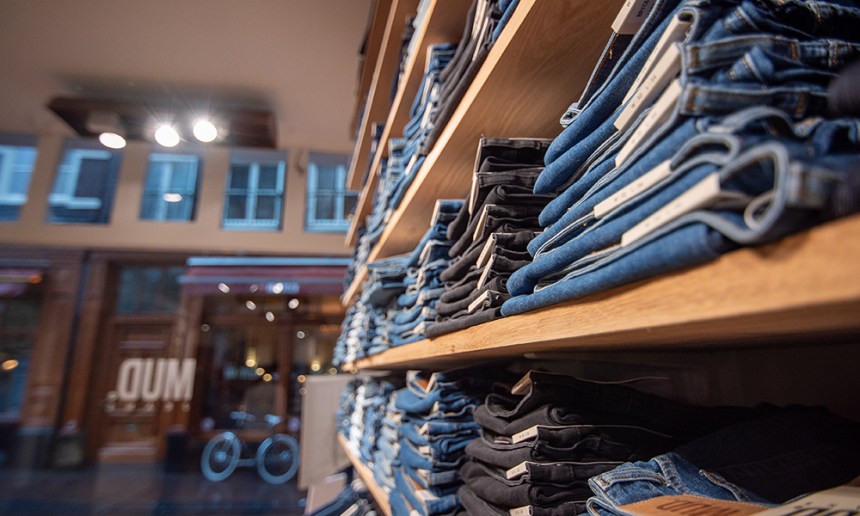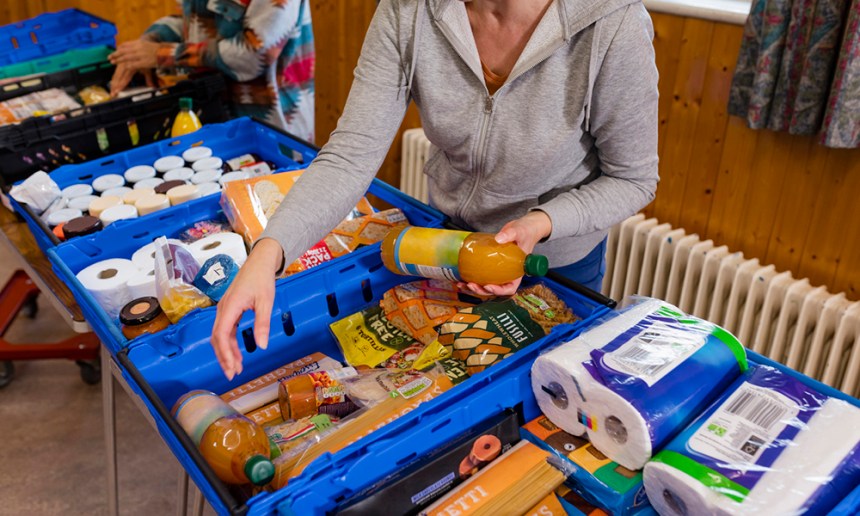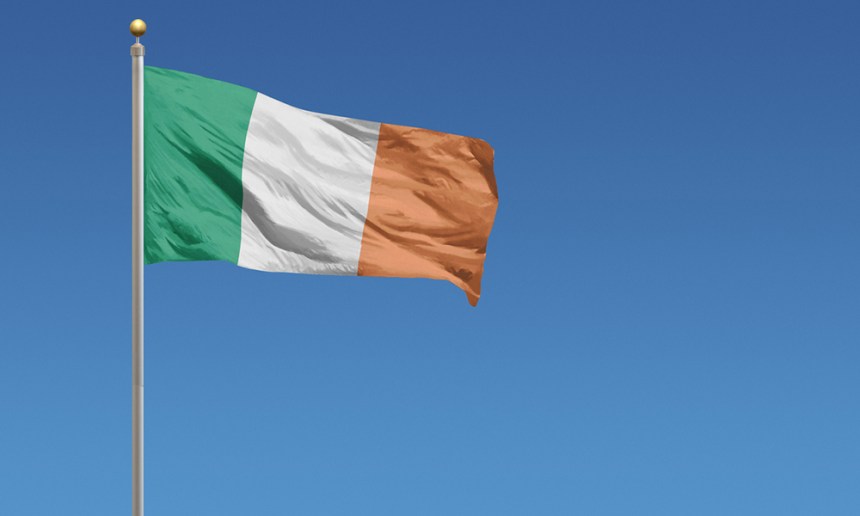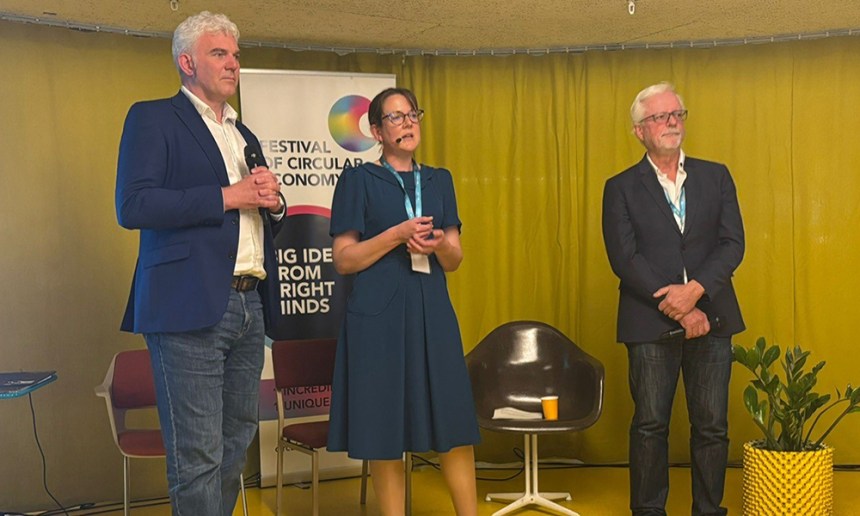Economy
74% of UK consumers want retailers to offer reusable packaging
Research published on World Refill Day 2025 shows that 74% of UK consumers want more brands and retailers to offer reusable, refillable or returnable packaging. As part of World Refill Day 2025 (16 June), environmental charity City to Sea has called on retailers and the UK Government to commit to ensuring 30% of packaging is reusable by 2030. However, despite this demand, the research indicates that only 18% of shoppers are aware of where to find these refillable options. Commenting on the research, CEO of City to Sea, Jane Martin, said: “The public (is) ready, but retailers, brands and government are stuck. “We’re calling time on this broken system where…
Volvo Cars signs recycled steel deal with SSAB
Volvo Cars have signed a new agreement with Swedish steel firm SSAB for the supply of ‘high-quality, recycled and near zero-emissions steel’ starting this year. Volvo Cars says it is the first car maker to sign a supply agreement with SSAB for recycled steel for serial production deliveries. The agreement is an extension of a long-term existing collaboration between the two companies to be at the ‘forefront of the transition to more sustainable steel’. The recycled steel will be used in selected components of the forthcoming, fully electric EX60 SUV, as well as other cars based on Volvo Cars’ next-generation SPA3 car architecture. Volvo Cars says the recycled steel…
Defra hit with major cuts in 2025 Spending Review
The UK Government’s 2025 Spending Review has delivered a complex message to the environmental sector: major capital commitments for clean energy and carbon capture sit in stark contrast to sharp operational cuts to the very department charged with environmental stewardship. While Chancellor Rachel Reeves pledged a real-terms increase of 2.3% in total departmental spending across the review period, the Department for Environment, Food and Rural Affairs (Defra) faces one of the steepest real-terms reductions—an average 2.7% cut per year to its day-to-day budget. That equates to a fall in resource spending from £4.8 billion in 2025–26 to £4.7 billion by 2028–29, with only the Foreign, Commonwealth and Development Office…
International E-Waste Day 2025 to focus on critical raw materials
This year’s International E-Waste Day will focus on critical raw materials, the elements essential to the economy that have a high risk of supply disruption and limited substitutes. Taking place on 14 October 2025, the 8th edition of International E-Waste Day will focus on highlighting how critical raw materials (CRMs) can be recovered from unused or broken electronic products. A study by WEEE Forum and UNITAR showed that households own an average of 74 EEE items – excluding lamps and luminaires – of which 61 items are in use, nine are hoarded but working, and four are hoarded and not working. The total mass of items in households is…
Toast Brewing & MUD Jeans: Making circular work for business
Host of the Festival of Circular Economy 2025 and owner of sustainable innovation studio Ape, Mark Shayler, explains why a circular future has arrived by examining two successful circular economy businesses. The future is circular we hear – and it is. It offers a vital shift in how we manage resources and stimulate economic growth, especially at a time when resource scarcity is becoming more pressing. Host of the Festival of Circular Economy 2025 and owner of sustainable innovation studio Ape, Mark Shayler. Globally we currently wastes more than 90% of the materials we extract, all that circularity attempts to do is to stop the economy leaking. The circular…
Defra announces £13.6m in grants for food redistribution charities
The UK Government has announced grants totalling £13.6 million have been offered to 12 food redistribution charities across England. The Department for Environment, Food & Rural Affairs (Defra) says the grants will help redistribute an estimated 19,000 tonnes of food from farms to homeless shelters, food banks and charities. Commenting on the grants, Waste Minister Mary Creagh, who is also responsible for the circular economy, said: “This government’s Plan for Change is acting on food poverty and tackling Britain’s throwaway culture, ensuring more good food ends up on plates and not in bins. “I am delighted to see this support go to 12 outstanding redistribution charities to form closer…
Irish Gov announces €27 million in funding for circular economy
The Irish Government announces over €27 million in funding to support a wide range of initiatives aimed at advancing Ireland’s transition to a circular economy. The €27 million in funding comes from the Circular Economy Fund, which is financed through environmental levies on plastic bags, landfill, and waste recovery. Minister for Climate, Energy, and the Environment Darragh O’Brien and Minister of State with responsibility for the Circular Economy, Alan Dillon, announced the new funding. Welcoming the announcement, Minister O’Brien said: “This year’s circular economy funding continues to advance initiatives that rethink waste, restore and protect environmental balance and empower communities to shape climate solutions. “We are proud to support…
Morrisons redistributes 3 million Too Good To Go food bags
Morrisons has become the ‘first UK supermarket’ to prevent three million Too Good To Go food bags from going to waste. Since 2019, when Morrisons became the first UK supermarket to partner with Too Good To Go, the supermarket has redistributed over three million ‘Surprise Bags’ containing surplus food to customers. The scheme is rolled out in almost 500 Morrisons supermarkets, 930 Morrisons Daily convenience stores and 344 Morrisons cafés across the UK. Commenting on the milestone, Rebecca Cranshaw, Corporate Responsibility Manager for Morrisons, said: “We are incredibly proud to be the first UK retailer to have reached the milestone of saving three million ‘Surprise Bags’ from going to…
The role of reverse logistics in reducing resource waste
Andrea Lockerbie explores the world of reverse logistics, minimising waste and improving sustainability in supply chains. When a consumer or end-user needs to return a product to a retailer or manufacturer, the process of the product travelling back through the supply chain is known as reverse logistics. It plays an important role in terms of sustainability as a good reverse logistics system can ensure that the products going back through the supply chain are appropriately assessed and efficiently diverted so that their value and lifespan are maximised and waste is minimised. This means returned products or surplus stock are directed for reuse, repair or recycling, rather than disposal. Key…
Defra provides circular economy strategy update at FOCE 2025
Emma Bourne OBE, Director, Circular Economy at the Department for Environment, Food & Rural Affairs (Defra), provided a Circular Economy Strategy update at the Festival of Circular Economy. Bourne highlighted the UK Government’s ongoing efforts to develop a sustainable and resource-efficient economy at the recent Festival of Circular Economy event in London. Reaffirming the UK government’s commitment to developing a comprehensive circular economy strategy, Bourne outlined the government’s current priorities in the transition to a circular economy, including the economic benefits of more sustainable and resilient supply chains. She also provided delegates with an update on the emerging Circular Economy Strategy for England, being developed by the Circular Economy…
